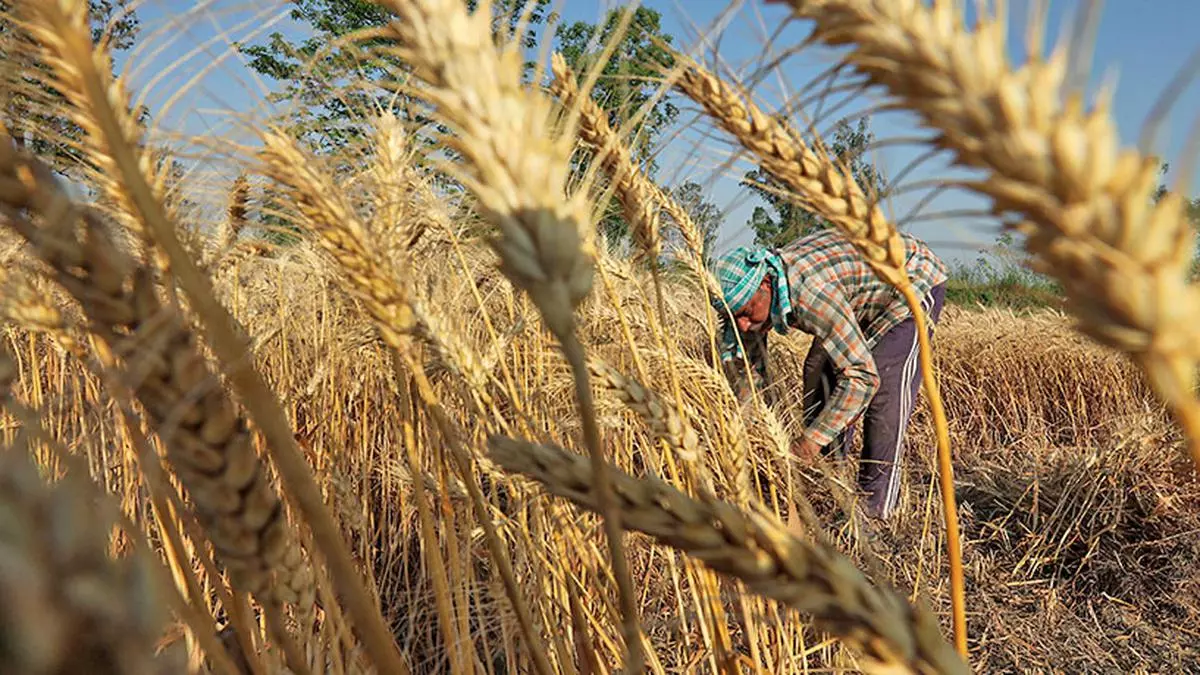Farmers’ enrolment in Fasal Bima scheme rises 27% in 2023-24
The government on Tuesday said there was a 27 per cent increase in farmers enrolled under the flagship crop insurance scheme PMFBY and the share of non-loanee farmers was 42 per cent in the total enrollment during 2023-24, both kharif and rabi seasons. However, the increase this year has been attributed by experts to Maharashtra and Odisha’s decision to completely bear the farmers’ share of premium.
“During the past eight years of implementation of the Pradhan Mantri Fasal Bima Yojana (PMFBY), 56.80 crore farmer applications have been enrolled and over 23.22 crore farmer applicants received claims,” the agriculture ministry said in a statement. About Rs 31,139 crore was paid by farmers as their share of premium, against which claims of over Rs 1,55,977 crore was disbursed to them by insurance companies, the government said. There is no mention about total premium collected by insurers during this period.
Stating that PMFBY, is a demand driven scheme and is voluntary for the States as well as farmers, it said the number of farmer applications has grown 33.4 per cent in 2021-22 and 41 per cent in 2022-23 (y-o-y basis).
Launched in 2016, PMFBY shields farmers from crop loss or damage arising from unforeseen events. Under the Prime Minister Fasal Bima Yojana (PMFBY), farmers pay a nominal 2 per cent of the sum insured as premium in the kharif season and 1.5 per cent in rabi and 5 per cent for cash crops in both seasons. The remaining premium amount, derived after tender for different crops in different clusters, is shared 50:50 by Centre and States.
The ministry said that the scheme is regularly reviewed in consultation with stakeholders to address the challenges faced in its operational implementation. The major improvements made include making the scheme voluntary for all farmers, compulsory use of at least 0.5 per cent of the gross premium collected by insurance companies for Information, Education and Communication (IEC) activities. There has also been a change in financial sharing pattern from 50:50 between Central and State government after States were given freedom to choose risk cover as per requirements.
The Centre has introduced three alternative risk models — Profit and Loss Sharing, Cup and Cap (60-130), Cup and Cap (80-110) under which if no claim is made then a portion of the premium paid by the state will go into the state treasury itself. Yield Estimation System based on Technology (YES-TECH) has been launched to minimise delay and increase authenticity of data.
